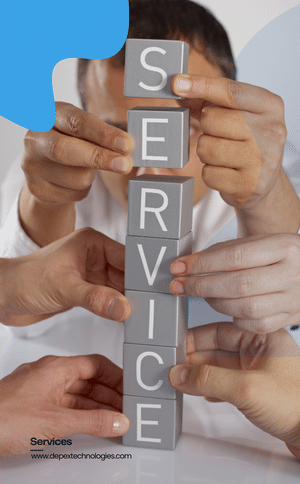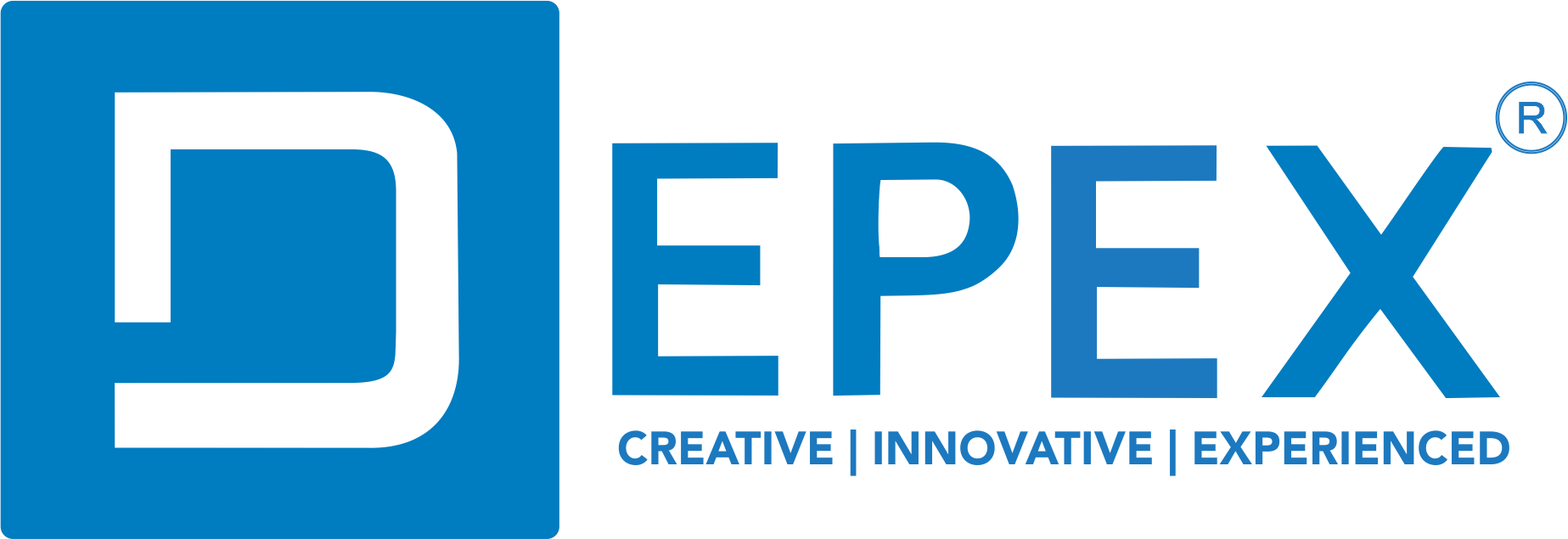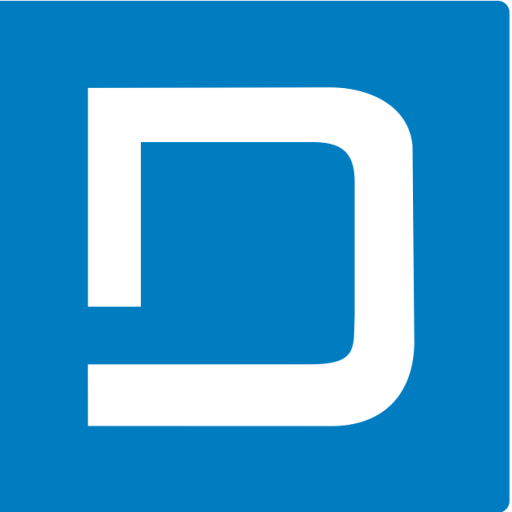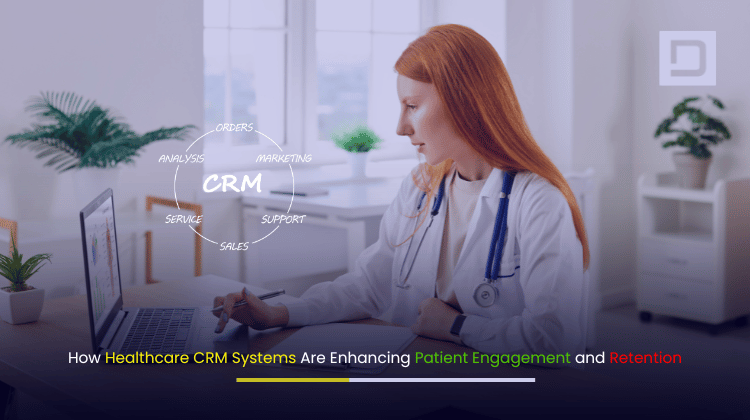How Healthcare CRM Systems Are Enhancing Patient Engagement and Retention
In today’s digital era, healthcare CRM systems (Customer Relationship Management) are transforming the way hospitals, clinics, and wellness providers interact with patients. With rising patient expectations and increasing competition in the healthcare sector, organizations are now turning to innovative CRM solutions to not only streamline workflows but also to boost patient engagement and retention. In this blog, we’ll explore how healthcare CRM systems are making a significant impact, their essential features, and why investing in such technology can future-proof your healthcare organization.
Why Patient Engagement and Retention Matter in Healthcare
Modern healthcare is more than just diagnosing illnesses and prescribing treatments. Today, patient experience, ongoing communication, and personalized care are at the heart of successful healthcare delivery. The concepts of patient engagement and patient retention have become central to a provider’s success. Engaged patients are more likely to follow care plans, return for follow-up appointments, and recommend the provider to others, driving better outcomes and sustainable growth for healthcare organizations.
This shift is where healthcare CRM systems come in. With the ability to collect, manage, and analyze patient data across the care journey, these systems empower providers to deliver proactive, personalized, and high-quality care—ultimately enhancing both engagement and retention.
What Is a Healthcare CRM System?
A healthcare CRM system is a specialized software platform designed to manage patient relationships, automate workflows, and centralize patient communications. Unlike traditional CRM tools used in other industries, healthcare CRMs are tailored to handle sensitive health information securely and comply with regulatory standards like HIPAA.
Healthcare CRMs integrate with Electronic Health Records (EHR), practice management software, telemedicine platforms, and even marketing tools. Their main goal? To foster seamless communication and build long-lasting relationships between healthcare providers and their patients.
Key Features of Healthcare CRM Systems
Let’s look at the top features that make healthcare CRMs vital for modern medical practices and hospitals:
Centralized Patient Data Management
Healthcare CRM systems consolidate all patient information—demographics, medical history, appointment records, communication logs, and more—into a single, secure repository. This 360-degree view enables care teams to quickly access relevant details, ensuring coordinated and informed care.
Automated Appointment Scheduling and Reminders
Missed appointments are a major challenge in healthcare, leading to lost revenue and reduced patient satisfaction. CRM systems automate appointment scheduling, send timely reminders via SMS, email, or phone calls, and allow easy rescheduling—minimizing no-shows and boosting patient compliance.
Personalized Patient Communication
With built-in segmentation and automation, healthcare CRM platforms enable providers to send targeted communications. From preventive care tips and medication reminders to post-visit follow-ups and wellness newsletters, personalized messages keep patients engaged and informed at every stage of their care journey.
Patient Portal Integration
Modern healthcare CRMs often include patient portals where individuals can view test results, request prescription refills, update personal information, and communicate securely with their care team. This self-service approach empowers patients and enhances their involvement in their own healthcare.
Feedback Collection and Analysis
Understanding patient satisfaction is crucial for continuous improvement. CRM systems automate the collection of patient feedback through surveys and reviews, analyze sentiment, and generate actionable insights for providers to enhance their services.
Marketing Campaign Management
For healthcare organizations, marketing isn’t just about promotion—it’s about education and relationship-building. CRM solutions enable targeted outreach campaigns for vaccination drives, wellness seminars, or seasonal health alerts, ensuring that the right messages reach the right patients at the right time.
Workflow Automation
From new patient onboarding to billing follow-ups, healthcare CRMs automate repetitive administrative tasks, freeing up staff time for more meaningful patient interactions. This leads to improved operational efficiency and a better overall patient experience.
Regulatory Compliance and Security
Healthcare CRM systems are built with strict compliance standards, including HIPAA and GDPR, ensuring that patient data is stored and shared securely. Features like audit trails, role-based access, and data encryption protect sensitive information and reduce compliance risks.
How Healthcare CRM Systems Enhance Patient Engagement
Let’s dive deeper into how CRM systems drive patient engagement—a crucial factor in delivering quality healthcare and achieving better outcomes.
Personalization of Care
With access to comprehensive patient profiles, providers can tailor recommendations, reminders, and health tips to each individual’s needs. Personalized care plans and targeted follow-ups make patients feel valued and supported, motivating them to take an active role in their health.
Seamless Multi-Channel Communication
Today’s patients expect communication on their terms—whether via phone, email, SMS, or mobile apps. Healthcare CRMs facilitate consistent, timely, and secure communications across channels, improving responsiveness and building trust.
Education and Preventive Care
CRMs make it easy to share educational resources, preventive care reminders (like annual check-ups or vaccinations), and self-care tips. Well-informed patients are more likely to participate in preventive measures, reducing hospital readmissions and enhancing long-term engagement.
Real-Time Support and Accessibility
Integrated patient portals and chat support features allow patients to reach out with questions, access test results, or request appointments anytime, from anywhere. This accessibility removes barriers to care and fosters continuous engagement.
How Healthcare CRM Systems Drive Patient Retention
Engaged patients are loyal patients—but how exactly do CRM systems ensure they keep coming back?
1. Enhanced Patient Satisfaction
From prompt appointment reminders to post-visit check-ins, CRM systems make patients feel cared for beyond their clinical encounters. When patients experience consistent, proactive communication, their overall satisfaction increases, leading to higher retention.
2. Loyalty Programs and Wellness Initiatives
Healthcare CRMs can be used to implement loyalty programs, health challenges, and wellness initiatives. Recognizing milestones (like annual wellness visits) or rewarding healthy behaviors encourages patients to stay connected with your organization.
3. Proactive Follow-Up and Recall
Instead of waiting for patients to return, CRM platforms automate proactive follow-ups—such as check-ins after procedures or reminders for overdue screenings. These touchpoints show patients you care about their well-being, strengthening the provider-patient relationship.
4. Streamlined Problem Resolution
By centralizing feedback and complaint management, healthcare CRMs enable swift resolution of patient concerns. Quick responses to issues demonstrate commitment to patient satisfaction, reducing churn and negative reviews.
How Healthcare CRM Systems Drive Patient Retention
Engaged patients are loyal patients—but how exactly do CRM systems ensure they keep coming back?
1. Enhanced Patient Satisfaction
From prompt appointment reminders to post-visit check-ins, CRM systems make patients feel cared for beyond their clinical encounters. When patients experience consistent, proactive communication, their overall satisfaction increases, leading to higher retention.
2. Loyalty Programs and Wellness Initiatives
Healthcare CRMs can be used to implement loyalty programs, health challenges, and wellness initiatives. Recognizing milestones (like annual wellness visits) or rewarding healthy behaviors encourages patients to stay connected with your organization.
3. Proactive Follow-Up and Recall
Instead of waiting for patients to return, CRM platforms automate proactive follow-ups—such as check-ins after procedures or reminders for overdue screenings. These touchpoints show patients you care about their well-being, strengthening the provider-patient relationship.
4. Streamlined Problem Resolution
By centralizing feedback and complaint management, healthcare CRMs enable swift resolution of patient concerns. Quick responses to issues demonstrate commitment to patient satisfaction, reducing churn and negative reviews.
Real-World Benefits: Case Studies and Statistics
1. Increased Appointment Adherence:
A 2023 survey found that clinics using CRM-based appointment reminders saw a 25% reduction in no-shows, directly increasing revenue and improving resource allocation.
2. Higher Patient Satisfaction:
Hospitals leveraging CRM for personalized communication reported patient satisfaction scores up to 30% higher than those relying on traditional methods.
3. Improved Retention Rates:
According to a study by Accenture, organizations with integrated CRM and EHR systems achieved a 15% higher patient retention rate within two years of implementation.

Future Trends: The Evolution of Healthcare CRM
As technology advances, healthcare CRM systems are evolving to offer even more value:
- AI-Powered Insights: Artificial intelligence analyzes patient data to predict health risks, suggest interventions, and optimize communication strategies.
- Omnichannel Engagement: Integration with social media, mobile apps, and wearable devices provides a holistic view of patient engagement.
- Telehealth Integration: CRMs are seamlessly integrating with telemedicine platforms to support virtual care delivery and follow-up.
By embracing these innovations, healthcare organizations can stay ahead in delivering world-class patient experiences.
Implementing a Healthcare CRM: What to Consider
Before adopting a healthcare CRM system, consider the following best practices:
- Define Your Goals: Identify your key objectives—improved communication, higher retention, increased satisfaction, etc.
- Choose the Right Partner: Work with an experienced healthcare CRM provider who understands regulatory requirements and can tailor the solution to your workflow.
- Ensure Staff Training: Effective use of CRM depends on staff buy-in and proper training.
- Prioritize Data Security: Select a CRM that meets the highest standards of security and compliance.
- Integrate with Existing Systems: Seamless integration with EHR, billing, and marketing platforms is crucial for maximizing ROI.
Why Choose Depex Technologies for Healthcare CRM Development?
At Depex Technologies, we specialize in designing and developing advanced healthcare CRM systems that cater to the unique needs of modern medical practices, clinics, and hospitals. Our solutions are built for:
- Scalability and Customization: Tailored features for any healthcare setting.
- Robust Security: End-to-end encryption and compliance with global standards.
- Seamless Integration: With EHR, billing, telehealth, and marketing tools.
- AI-Driven Analytics: Actionable insights to enhance patient engagement and retention.
- User-Friendly Interfaces: For both staff and patients.

With a proven track record in healthcare technology and deep domain expertise, Depex Technologies helps you unlock the full potential of patient engagement and retention strategies.
Conclusion: Future-Proof Your Healthcare Organization with CRM
The future of healthcare is patient-centric, digital, and data-driven. Healthcare CRM systems are not just tools for managing patient information—they are essential engines for building trust, delivering personalized care, and driving patient loyalty.
If you’re ready to enhance patient engagement, boost retention, and deliver outstanding care experiences, now is the time to invest in a healthcare CRM solution. Partner with Depex Technologies to develop a secure, scalable, and feature-rich CRM platform tailored to your organization’s needs. Contact us today for a free consultation and see how we can help you transform your patient relationships and grow your healthcare practice.






